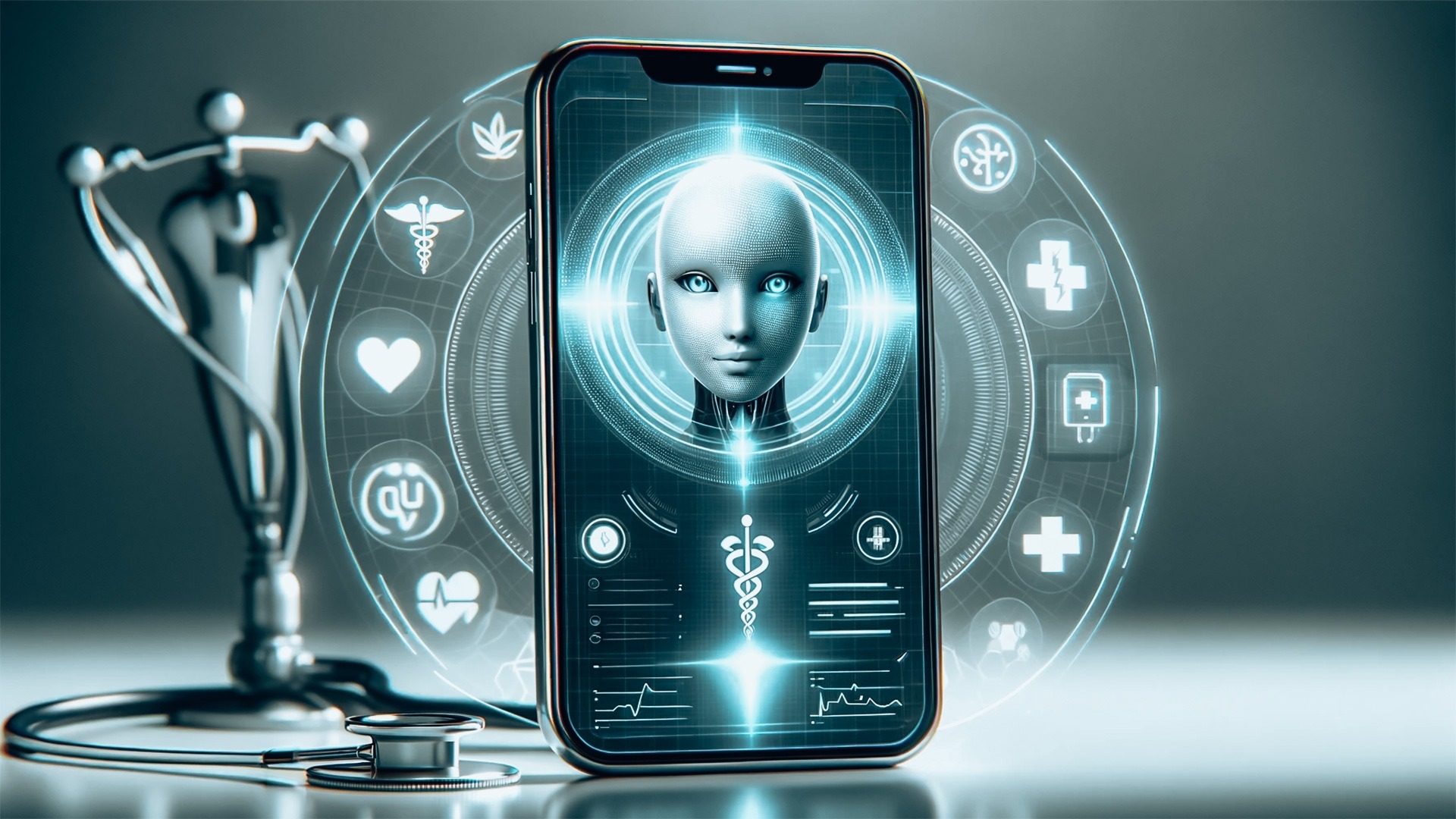The frontier of medical diagnostics is witnessing a revolutionary shift, primarily driven by advancements in AI technology. A study showcasing Google’s AI system, known for its empathetic approach and superior diagnostic abilities, has set a new benchmark in medical practice. This AI system, known as AMIE (Articulate Medical Intelligence Explorer), is a technological marvel and a beacon of hope for democratizing healthcare.
The Emergence of AMIE in Medicine
At the heart of AMIE’s success is its ability to mimic the diagnostic dialogue of a seasoned clinician. Developed by Google Research, AMIE represents a significant leap in AI’s medical role, particularly in diagnostic reasoning and conversations. Their recent blog post detailed that AMIE has been optimized for clinical conversations, focusing on reducing diagnostic uncertainty while balancing empathy and clarity in communication.
The Rigorous Training Behind AMIE
AMIE’s training goes beyond conventional methods. It involves a unique self-play-based simulated learning environment enriched with automated feedback mechanisms. This approach allows AMIE to expand its knowledge and capabilities across various medical conditions and contexts, something crucially emphasized in the Google Research Blog.
Evaluating AMIE: A Comparative Study with Human Doctors
A double-blind crossover study evaluated AMIE and board-certified primary care physicians in text-based consultations with trained patient actors. This study, inspired by the Objective Structured Clinical Examination (OSCE) approach, revealed that AMIE matched or even exceeded the performance of human doctors in diagnostic accuracy and consultation quality.
The Future Role of AMIE
Despite AMIE’s promising capabilities, it’s crucial to understand its current state as a research tool, not a clinical product. The Google Research team emphasizes the need for further research to address limitations, such as experimental performance under real-world constraints and the exploration of health equity and fairness, privacy, robustness, and more.
Conclusion: A Critical Perspective
Google’s AI, particularly AMIE, stands at the forefront of a healthcare revolution. While it showcases immense potential in democratizing healthcare and improving diagnostic accuracy, the intrinsic value of human interaction in medicine remains unparalleled. As we navigate this exciting yet complex terrain, balancing technological advancements with the nuances of human empathy and care will be paramount. The future of medicine is not just about AI replacing humans; it’s about AI augmenting human capabilities to deliver better healthcare for all.
References
- Lenharo, Mariana. “Google AI has better bedside manner than human doctors — and makes better diagnoses.” Nature. DOI: 10.1038/d41586-024-00099-4.
- Tu, T. et al. “Preprint at arXiv.” 2401.05654 (2024).
- Karthikesalingam, A., & Natarajan, V. (2024). “AMIE: A research AI system for diagnostic medical reasoning and conversations.” Google Research Blog. Retrieved from Google Research Blog.




